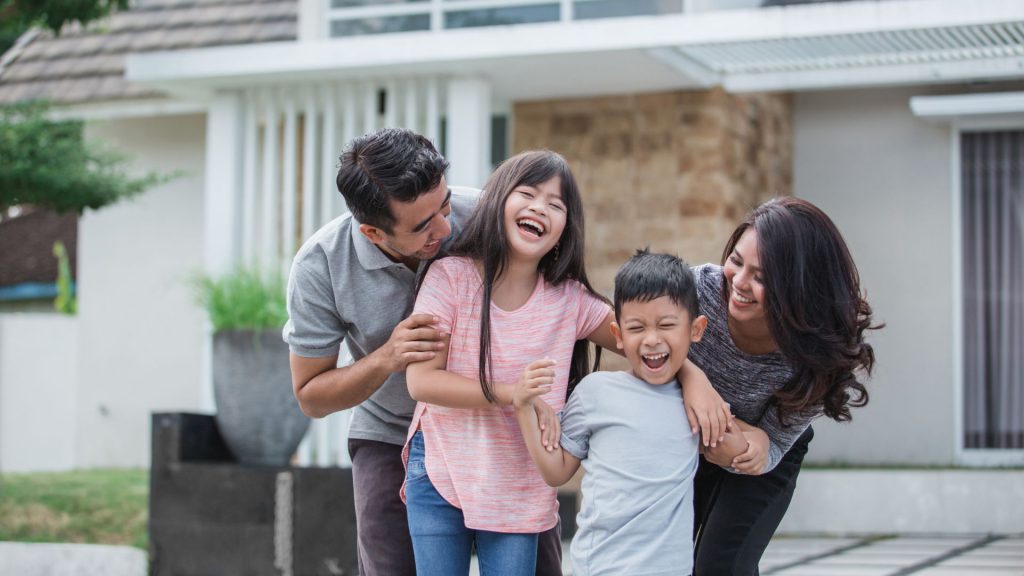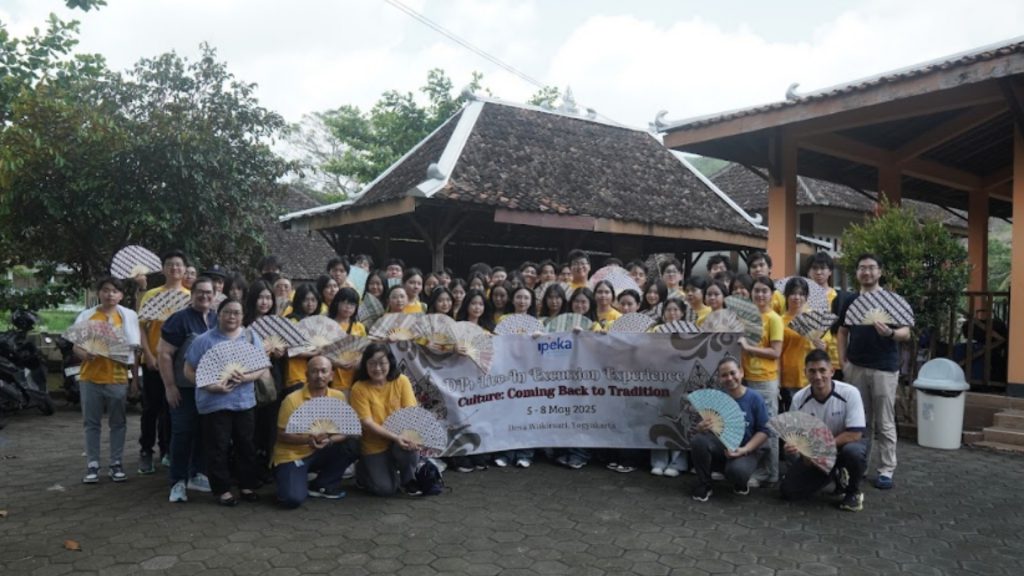“How to Prepare Your Kid for Holiday?”
While the holiday season is filled with enjoyable activities, events and traditions, it can also be a hectic and stressful time. Travel, shopping, loud music, bright lights, unfamiliar food, and busy schedules can turn typical routines upside down! The disruption to routine can be particularly difficult for children who depend on routine and predictability to engage in appropriate behavior. The following tips will help ensure that the holiday season is enjoyable for you and your child.
- Prepare Your Child for Changes.
Talk to your child about changes to the schedule and environment. Look at pictures from previous holidays and talk about what happened during those events. Also talk about this year’s special programs and about behavior expectations. Discuss upcoming trips several days before the departure date. Let your child know when you will be leaving, where you will be going, and what you will do while away. Repeat these conversations several times before traveling.
- Involve Your Child in Preparations and Minimize Surprises.
If you are going to decorate the house or bake special goodies, involve your child and make the tasks fun! It could be upsetting for your child to come home from school to find the home looking very different with unfamiliar items and things out of place. Take decorations out gradually and allow your child to explore them so that she has time to adjust to the changes.
- Pace Your Holiday Activities.
Busy holiday calendars can leave adults and children worn out and stressed. When possible, balance times of high activity with calm, relaxed times. Try to spread activities out over the holiday season.
Consistency and familiarity can help build coping skills for the unfamiliar. As much as possible, preserve bedtimes and other routines. Allow for a leisurely bath, story, song or cuddle. Eat meals together. Try to build in time each day to provide your child with activities that he/ she finds soothing or relaxing.
- Give Clear Directions.
Give your child a positive direction that assumes she will cooperate, using positive words. Clearly and simply state what you expect your child to do instead of what not to do. Encourage your child in a way that lets them know that he/ she is exhibiting the desired behavior.
Let your child know when they are being cooperative and helpful by praising her specifically for what she is doing. For example, you might give your child a high five for sitting quietly in the car or you might say, “Thank you for holding my hand in the parking lot.”
- Pack for Success!
When your holiday plans include time away from home, bring familiar items, activities and foods with you. Pack activity bags that include favorite books, toys, and games. If possible, have your child help pack the bags so she can choose a few of the items herself. You might say, “Brianna, do you want to take Mickey Mouse or blankie in your bag?” This gives her a feeling of control and supports her growing sense of confidence and sense of competency.
For many families the holidays are a time of feasting and enjoying all kinds of yummy treats. Be attentive to diet changes and how they may affect your child. Chocolate, caffeine, sugar, and dairy products may have an impact of your child’s digestion, well-being, and behavior. If your child follows a particular diet, be sure to bring items with you that might not be available where you are going. Pack nutritious food and drink options to balance out sweet, holiday treats.
- Pre-travel Planning.
Familiarize yourself with your travel route as well as with parks and rest areas along the way. These offer great opportunities for children to run, jump, play with a ball, blow bubbles, and stretch. Many family-friendly restaurants and airports have play spaces also. A good rule is to take a ten minute break every two hours.
Create a small book with photos of the airport and plane or of the bus depot, bus, car or train. As you read the book with your child, let them know what will happen and how you expect them to behave. Read this to your child several times before the trip. Also, make sure to bring it along as a reminder. When children understand what is going to happen, they are less anxious which can increase cooperation and reduce challenging behavior.
- Go Somewhere the EntireFamily Will Love
If you are planning a trip to a place that your kids will not want to be in, they will be miserable the entire time. Therefore, make it a point to think about destinations that your kids will actually enjoy. Lounging on a beach all day may not be their cup of tea, but going to theme park probably is, so try to find a destination that provides the best of both worlds and that will be satisfactory to the entire family. In this way, everyone will look forward to getting away and will be happy while away.
With the handy tips above, you can get your kids to look forward to their upcoming holiday away from home with you. Encourage them to participate in the planning process so that they feel like the holiday is also their chance to make lasting memories, rather than just a time for you to get away from it all.
Reference:
- Buschbacher, P. (2015). Holiday strategies for success, [Online] Available: https://www.chalengingbehavior.org




